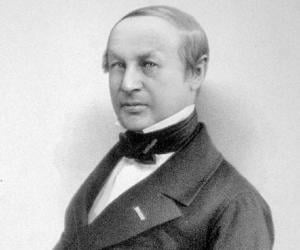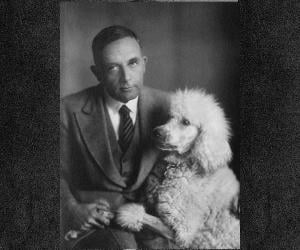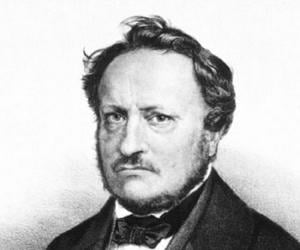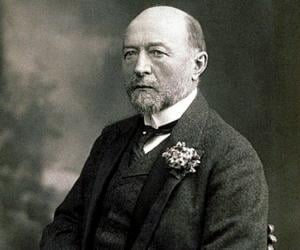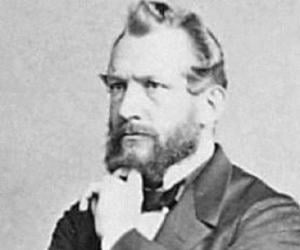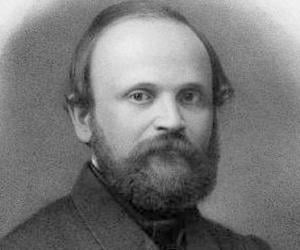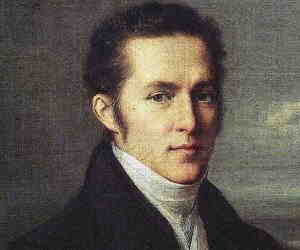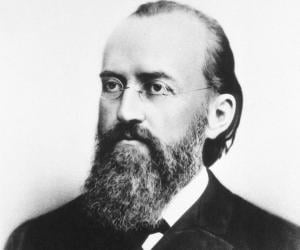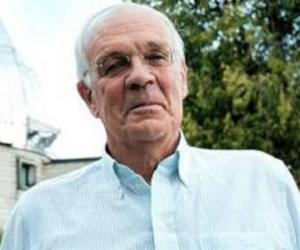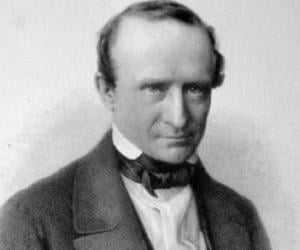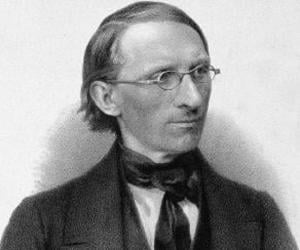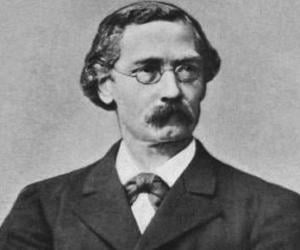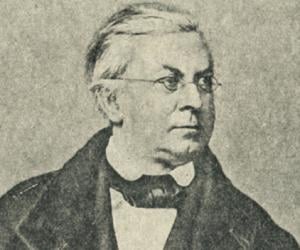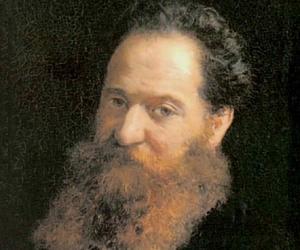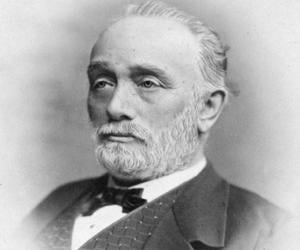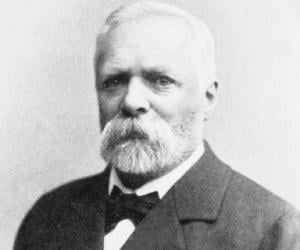1
Theodor Schwann
(Physiologist)
Birthdate: December 7, 1810
Sun Sign: Sagittarius
Birthplace: Neuss, Germany
Died: January 11, 1882
Theodor Schwann was a prominent German physician and physiologist known for his significant contributions to biology. He is best recognized for extending the cell theory to animals, discovering Schwann cells in the peripheral nervous system, and identifying the organic nature of yeast. Schwann also made important discoveries in the field of biochemistry, such as the study of pepsin and coining the term "metabolism." His work has left a lasting impact on the understanding of cellular biology and metabolism in the scientific community.
